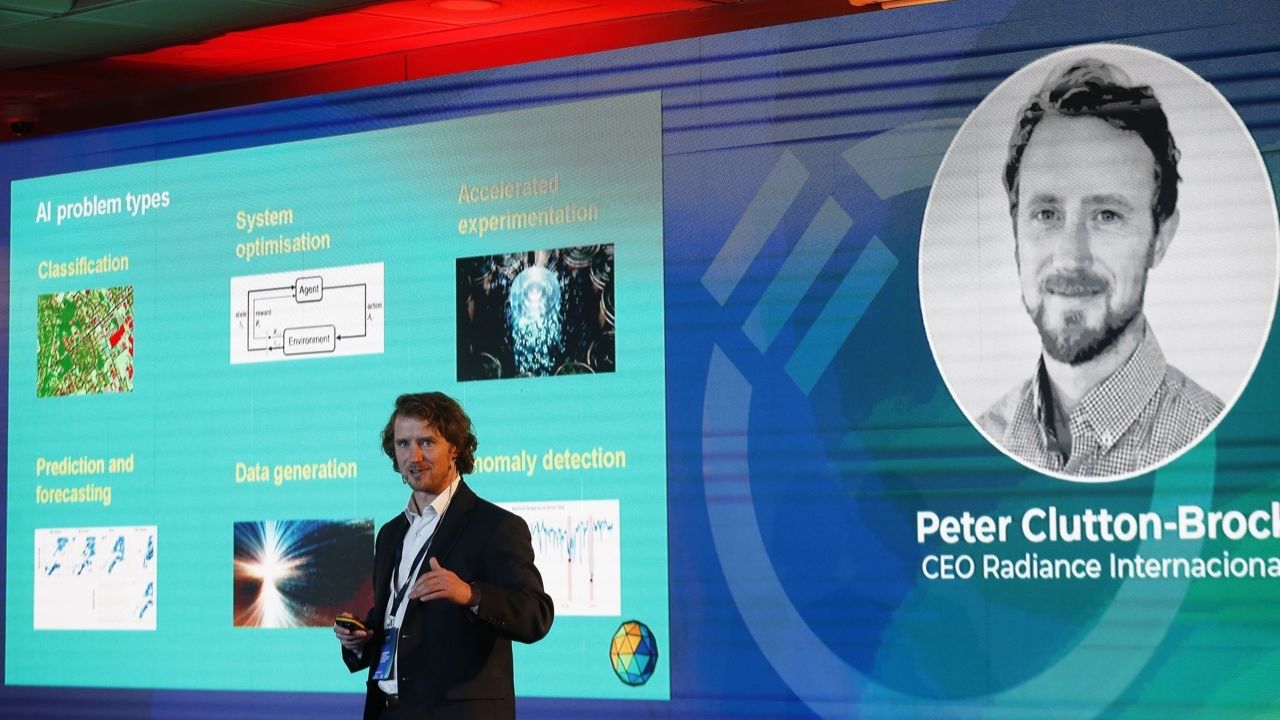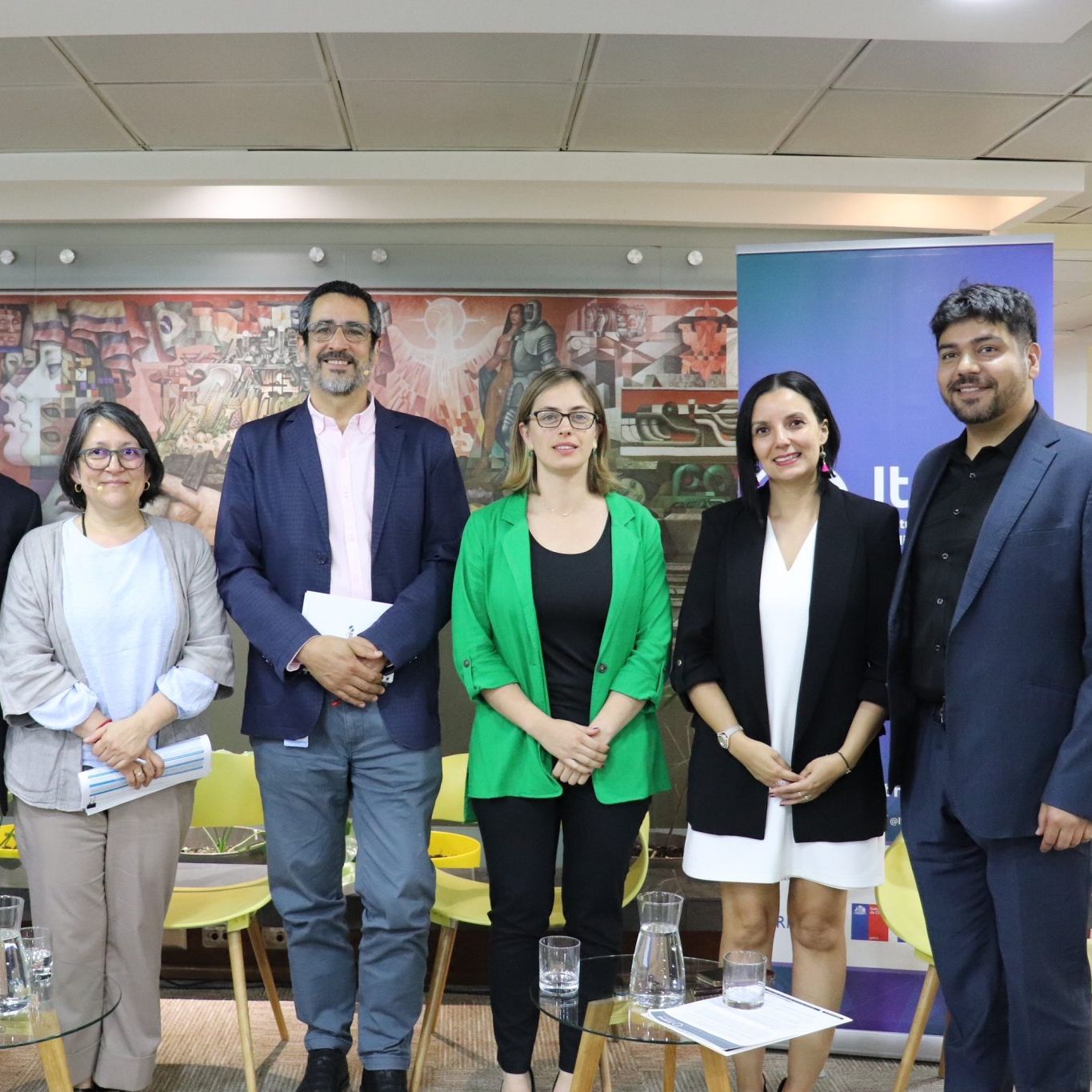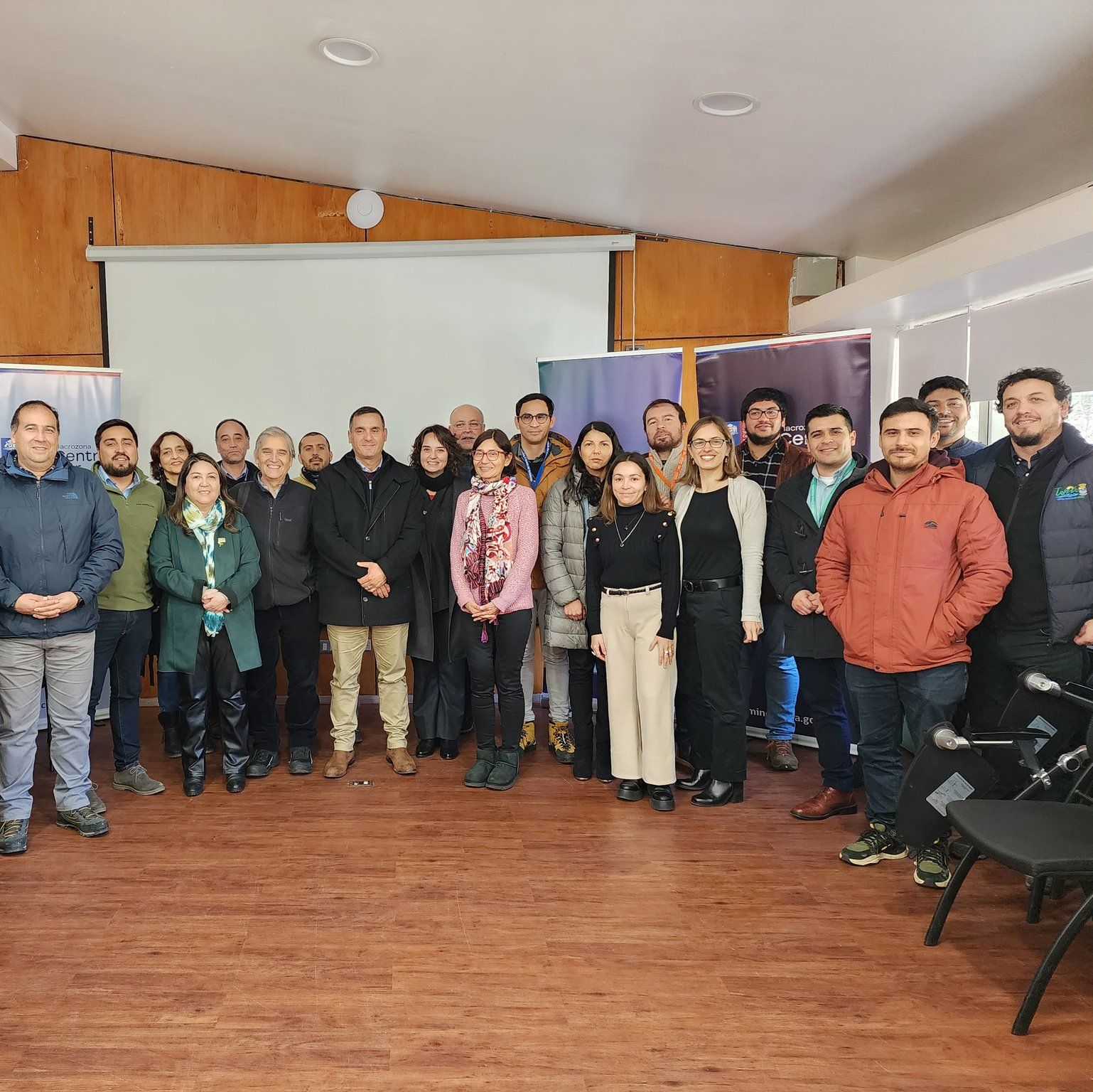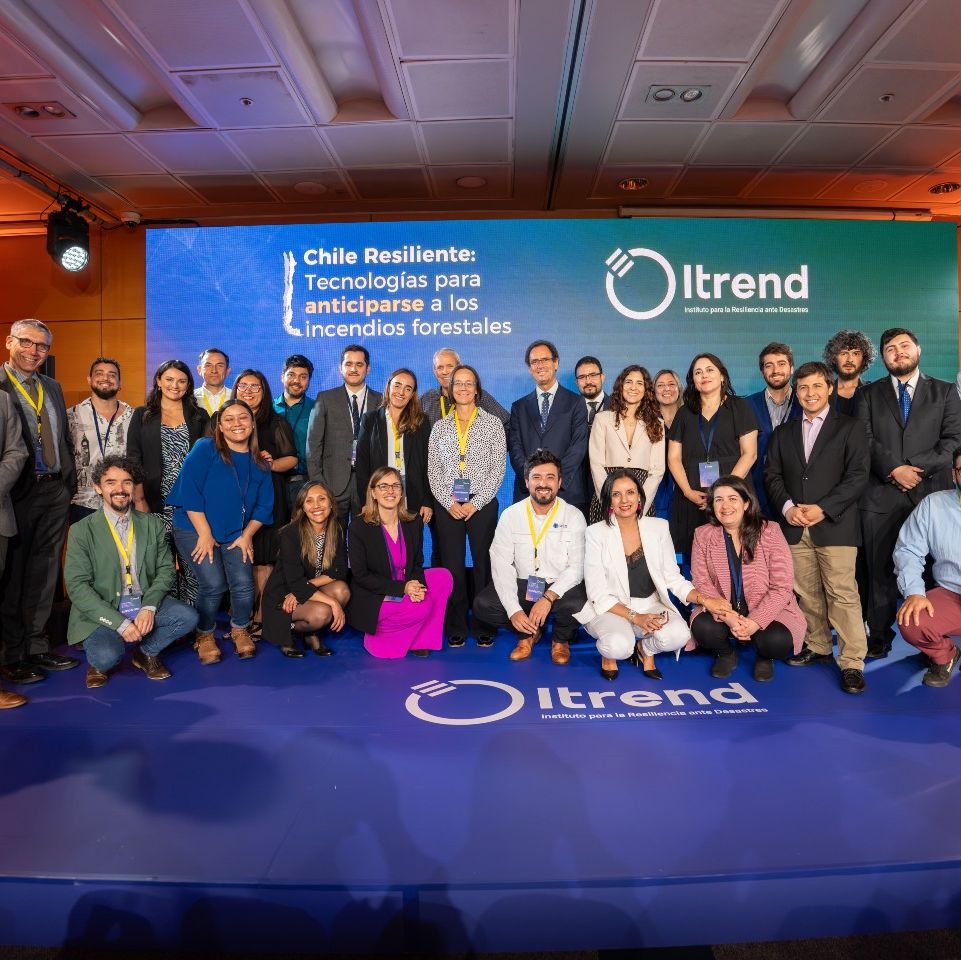
- Home
-
Who we are
- About Itrend
- Team
- Our history
-
Governance
-
What we do
- Contacts
-
Transparency
Noticias 01 Jan 2024

Este fue un año de avances y grandes desafíos para el Instituto para la Resiliencia ante Desastres. Además de la expansión de la Plataforma de Datos y Aprende Resiliencia, el instituto tuvo un fuerte crecimiento en el área de desarrollo de tecnologías digitales que se vio reflejado en el inicio de diversos proyectos, algunos de los cuales fueron desarrollados en conjunto con organismos públicos. Junto con lo anterior, se realizaron variadas actividades conjuntas con gran parte de nuestros colaboradores, en especial, con las organizaciones y servicios integrantes de los Consejos de la Sociedad Civil y de Organismos Públicos de Itrend. Aquí te dejamos un resumen de algunas de las iniciativas realizadas cuyos resultados fueron publicados o entregados este año.

Report on the Characterization of Public Expenditures in DRM
One of the main recommendations of the iGOPP Chile 2020, carried out by Itrend in conjunction with the IDB, points to the need for a national strategy for disaster risk financial management, which would allow progress in strengthening governance in this area, as well as in financial protection and fiscal resilience tools. In order to make the construction of such a strategy possible, it was necessary to have an enabling instrument to characterize public spending on Comprehensive Disaster Risk Management. Itrend addressed this challenge with the collaboration of the ministries and services that make up its Council of Public Organizations, preparing the first Report on the Characterization of Public Expenditure for Comprehensive Disaster Management. The study was launched in November of this year, and details the resources that the State of Chile allocates to disaster risk management and how it distributes them, as well as providing recommendations for improvement. Review the report here.

Public Challenges
After the fires that occurred in summer 2023, the government developed the "Post-fire recovery plan", and the Ministry of Science, Technology, Knowledge and Innovation invited Itrend and several research centers to contribute to this challenge through the science and knowledge roundtable for recovery, particularly in matters related to the implementation of plans and measures for prevention, mitigation, preparedness and recovery from socio-environmental disasters. For nearly 8 months, the institute was in charge of conducting workshops in which different actors who had a role associated with the different stages related to the risk management cycle and who experienced first-hand the mega-fires in the regions of La Araucanía, Ñuble and Biobío were invited. In addition, two workshops were held with leading researchers dedicated to the subject of forest fires and related areas, and the findings of the first three workshops were discussed from an academic and technical perspective. With the input obtained from these workshops, the "Challenges for Post-Forest Fire Recovery 2023 Competition" was presented by the National Agency for Research and Development (ANID). The call seeks to finance scientific, technological, innovation and development research projects that contribute to the design and implementation of R&D-based responses for post-fire recovery. Check the call for applications here.

Resilient Chile
We kicked off 2023 with the first version of the Resilient Chile event: Data Science and Artificial Intelligence to address the challenges of Climate Change. The meeting organized by Itrend was held on January 12 at ICARE and brought together renowned specialists from the country and the world in Artificial Intelligence and climate change, as well as technology entrepreneurs and representatives of companies in these areas. Among the speakers were Maricarmen Esquivel, in charge of overseeing climate finance for the operations of the Inter-American Development Bank (IDB) and Peter Clutton-Brock, co-founder of the UK's Center for Artificial Intelligence and Climate. See video summary.
In October, the second version of this seminar, Resilient Chile: Technologies to anticipate forest fires. The outstanding speakers, José Torero and Ellen Rahtje, from the University College of London and the Design Safe platform respectively, were the main speakers at this seminar, which also included two conversation panels, made up of representatives from academia, local governments and civil society. The objective of the meeting, which was attended by more than a hundred guests, was to discuss the importance of the use of technology to anticipate forest fires and avoid their negative consequences. See video summary.



